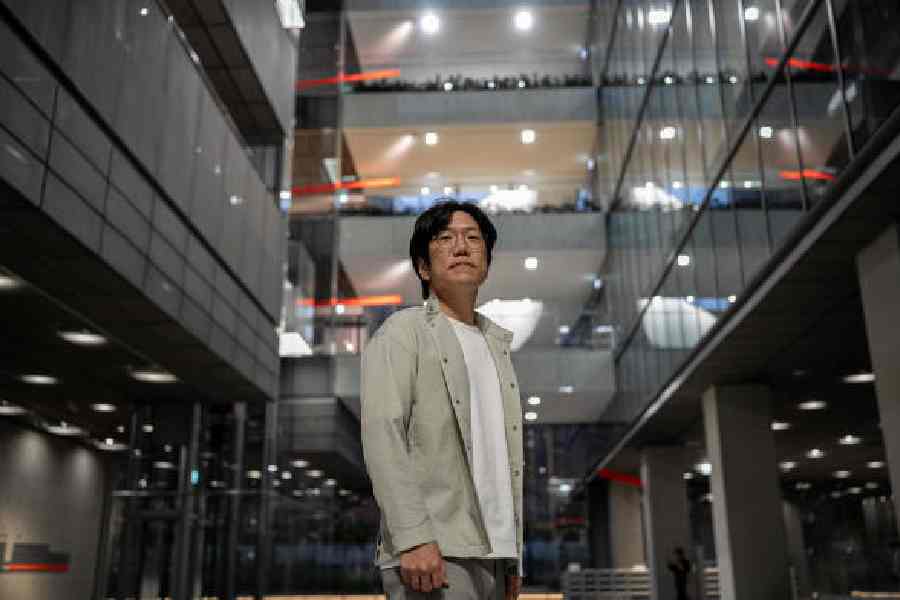ChatGPT, Bard, Claude. The world’s most popular and successful chatbots are trained on data scraped from vast swaths of the Internet, mirroring the cultural and linguistic dominance of the English language and Western perspectives. This has raised alarms about the lack of diversity in AI. There is also the worry that the technology will remain the province of a handful of American companies.
In South Korea, a technological powerhouse, firms are taking advantage of the technology’s malleability to shape AI systems to address local needs. Some have trained AI models with sets of data rich in Korean language and culture. South Korean companies say they’re building AI for Thai, Vietnamese and Malaysian audiences. Others are eyeing customers in Brazil, Saudi Arabia, the Philippines, in industries like medicine and pharmacy.
This has fueled hopes that AI can become more diverse, work in more languages, be customised to more cultures and be developed by more countries. “The more competition is out there, the more systems are going to be robust: socially acceptable, safer, more ethical,” said Byong-Tak Zhang, a computer science professor at Seoul National University.
The emerging AI landscape in South Korea is one of the most competitive and diverse in the world, said Yong Lim, a professor of law at Seoul National University who leads its AI Policy Initiative. The country’s export-driven economy has encouraged new ventures to seek ways to tailor AI systems to specific companies or countries.
Instead of going after the global market like their US competitors, companies like Naver and LG have tried to target their AI models to specific industries, cultures or languages. “The localised strategy is a reasonable strategy for them,” said Sukwoong Choi, a professor of information systems at the University at Albany, US.
Outside the US, AI prowess appears limited in reach. In China, Baidu’s answer to ChatGPT, called Ernie, and Huawei’s large language model have shown some success at home, but they are far from dominating the global market. Governments and companies in other nations like Canada, Britain, India and Israel have also said they are developing their own AI systems, though none has yet released a system that can be used by the public.
About a year before ChatGPT was released, Naver, which operates South Korea’s most widely used search engine, announced that it had successfully created a large language model. But the chatbot based on that model, Clova X, was released last September, a year after ChatGPT’s debut.
Clova X recognises Korean idioms and the latest slang. Naver’s chatbot is also integrated into the search engine, letting people use the tool to shop and travel.
Outside its home market, the company is exploring business opportunities with the Saudi Arabian government. Japan could be another potential customer, experts said, since Line, a messaging service owned by Naver, is used widely there.
LG has also created its own generative AI model, the type of artificial intelligence capable of creating original content based on inputs, called Exaone. Since its creation in 2021, LG has worked with publishers, research centres, pharmaceutical firms and medical companies to tailor its system to their data sets and provide them access to its AI system.
The company is targeting businesses and researchers instead of the general user, said Kyunghoon Bae, director of LG AI Research. Its subsidiaries have also begun using its own AI chatbots. “Rather than letting the best one or two AI systems dominate, it’s important to have an array of models specific to a domain, language or culture,” said Honglak Lee, chief scientist of LG’s AI research arm.
Another South Korean behemoth, Samsung announced Samsung Gauss, a generative AI model used internally to compose emails, summarise documents and translate text. The company plans to integrate it into its mobile phones and smart home appliances.
NYTNS











